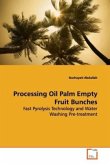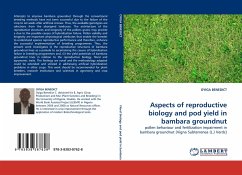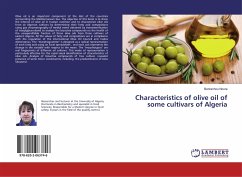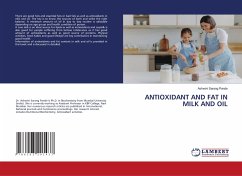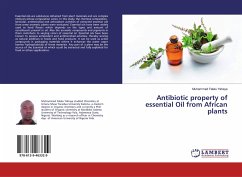Pakistan is facing tremendous shortage of edible oils. The domestic edible oil production does't meet the need of the country. The total availability of edible oils was 2.381 million tons in 2007-08. Local production stood at 0.833 million tons, which accounted for 30.4 percent of the total availability while the remaining 69.6 percent was made available through imports at the cost of Rs. 71.882 billion. In this way, edible oil stood at the top in the import of food group and on number second after petroleum group in the total import. This huge drain on our hard-earned foreign exchange resources is a great challenge for our planners, agricultural scientists and extension workers. Any attempt to help in amelioration of this worsening situation is the need of the day. The traditional or conventional oilseed crops are rapeseed/mustard, sesame and groundnut, while non-traditional oilseed crops are sunflower, soybean and safflower. Among these crops rapeseed/mustard and sunflower haveassumed special position in the agriculture economy of Pakistan. Much of the research efforts have been directed towards the improvement of these oilseed crops.

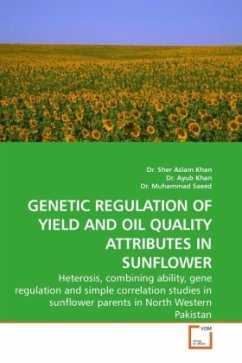
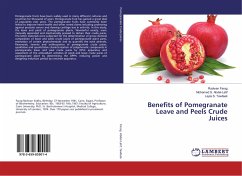
![Investigations on medicinal attributes of pyrazolo[3,4-d]pyrimidines Investigations on medicinal attributes of pyrazolo[3,4-d]pyrimidines](https://bilder.buecher.de/produkte/45/45806/45806658n.jpg)
